The Surprising Ways Stress and Testosterone Are Connected

Your body is a fortress, built for strength and resilience. But unseen enemies like chronic pressure can weaken your defenses. When tension rises, your system reacts-triggering a chain reaction that impacts testosterone levels.
The hypothalamus sounds the alarm, flooding your bloodstream with stress hormones. Cortisol takes charge, prioritizing survival over vitality. Research shows just one week of poor sleep can slash testosterone levels by 10-15%.
This isn’t just about fatigue. It’s a battle for hormonal balance. Modern life constantly tests your limits, but you’re not defenseless. Understanding this connection is your first line of defense.
Key Takeaways
- Chronic tension triggers cortisol, suppressing male vitality
- Sleep deprivation causes rapid drops in key hormones
- Your hypothalamus controls this survival response
- Hormone regulation is critical for peak performance
- Daily stressors directly impact physical resilience
The Biological Connection Between Stress and Testosterone
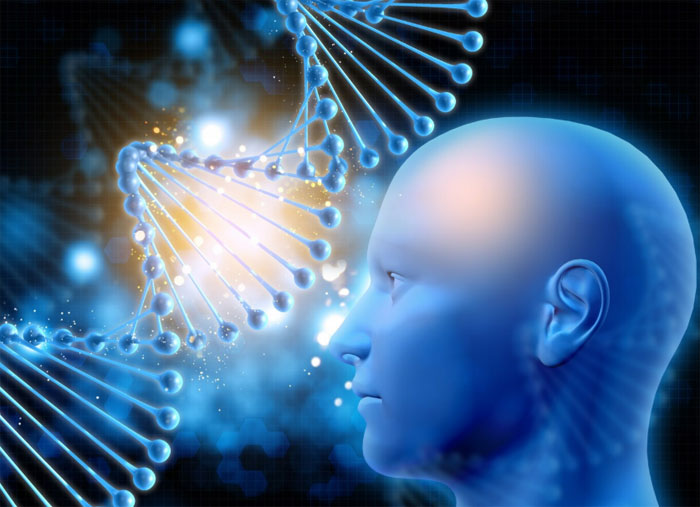
Cortisol acts as a double-edged sword-essential for survival but destructive in excess. When threats arise, this hormone takes command, rerouting resources away from long-term health. Your testosterone levels become collateral damage in this survival mission.
Cortisol’s Friendly Fire on Hormonal Production
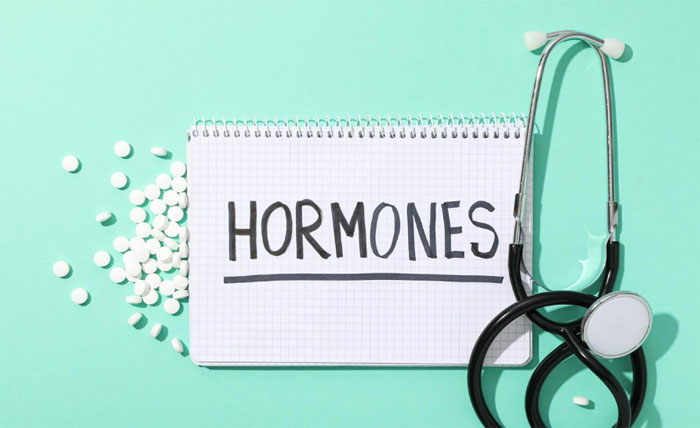
Under siege, your body prioritizes immediate threats over vitality. Cortisol hijacks the enzymes needed to produce key hormones. Research shows a 67% drop in testosterone levels after just 21 days of sustained pressure.
Leydig cells-your hormonal factories-face mitochondrial sabotage. This reduces their ability to maintain optimal output. The result? A downward spiral of low testosterone and weakened resilience.
The HPA Axis: Your Hormonal Command Center
Your hypothalamus-pituitary-adrenal (HPA) axis operates like a military headquarters. It dispatches stress hormones at the first sign of danger. Short-term surges boost performance. Prolonged alerts deplete reserves.
- Cortisol levels spike, suppressing reproductive hormones
- The adrenal glands exhaust from constant mobilization
- Feedback loops weaken, disrupting recovery
Acute vs. Chronic: Two Battlefronts
Brief skirmishes sharpen your defenses. A 10-minute crisis can elevate focus. But chronic stress testosterone suppression is a war of attrition. The rat study proves it-three weeks of relentless pressure crashes hormonal supply lines.
Your mission: Recognize the enemy’s tactics. Monitor cortisol levels. Fortify your cells’ mitochondria. Retreat isn’t an option-only strategic counterstrikes restore balance.
Symptoms of Low Testosterone Caused by Stress

Men over 30 face a silent battle-hormonal decline accelerates under pressure. Research confirms a 1% annual drop in testosterone levels after age 30. When stress hormones hijack your system, these red flags appear:
Physical Signs: Fatigue, Weight Gain, and Muscle Loss
Your energy tanks. Abdominal fat becomes a bunker for cortisol. Muscle fibers weaken like neglected supply lines. Studies link prolonged stress to epididymal index reductions-proof of hormonal sabotage.
- Fatigue: Even 8-hour sleeps feel like 4.
- Weight gain: Belly fat stores cortisol, worsening the cycle.
- Muscle loss: Breakdown outpaces recovery.
Emotional and Mental Effects: Mood Swings and Brain Fog

Irritability becomes your default setting. Focus drifts like a fogged windshield. This isn’t weakness-it’s neurological collateral damage from hormonal shortages.
Pro Tip: Track these symptoms for 72 hours. Patterns reveal your body’s distress calls.
Sexual Health: Low Libido and Erectile Dysfunction
Your drive vanishes. Performance falters. Stress cuts off hormonal supply chains to reproductive systems. Data shows rats under pressure suffer 67% drops in key markers.
"Hormonal imbalance isn’t just physical-it’s a full-spectrum threat."
Your mission: Recognize these signals early. Document them. Counterattack with sleep, nutrition, and targeted exercise.
The Vicious Cycle of High Cortisol and Low Testosterone

The battle between cortisol and testosterone isn’t just a skirmish-it’s a full-scale war for dominance in your body. When cortisol surges, it cripples your hormonal supply lines, leaving you defenseless against mounting pressure. This vicious cycle feeds itself: depleted reserves make you 40% less resilient to new threats.
How Low Testosterone Worsens Stress Resilience
With testosterone levels in retreat, your emotional armor cracks. Studies show mitochondrial breakdown releases Cyt C-a cellular distress signal-triggering further hormonal collapse. Your body’s command center falters, mistaking fatigue for surrender.
Key signs of weakening defenses:
- Irritability under minor pressure
- Slower recovery from setbacks
- Reduced motivation to engage in countermeasures
The Feedback Loop: Stress → Low T → More Stress
Cortisol’s siege creates a self-reinforcing trap. Each hormonal drop weakens your ability to resist, inviting heavier assaults. Like a crumbling fortress, the damage accelerates:
"Hormonal reciprocity is your lifeline-break the loop, or it breaks you."
Breaking the Cycle: Key Intervention Points
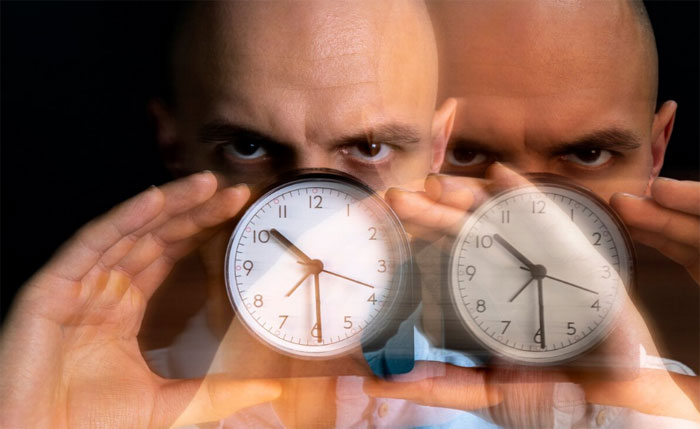
Your mission: Strike at three critical breach points to regain control:
- Sleep recon: Prioritize 7+ hours to reset cortisol.
- Nutritional resupply: Zinc and vitamin D rebuild hormonal factories.
- Targeted training: Compound lifts boost natural production.
Restoring hormonal balance isn’t overnight-it’s a calculated reconquest. Time your counteroffensives with circadian rhythms for maximum impact.
How Stress Reduction Benefits Testosterone Levels
Strategic stress management isn’t just about feeling better-it’s a biochemical reboot. When you lower cortisol levels, your body shifts from survival mode to rebuilding. Research proves it: consistent sleep alone can spike testosterone levels by 22%.
The Science Behind Lower Cortisol and Higher T
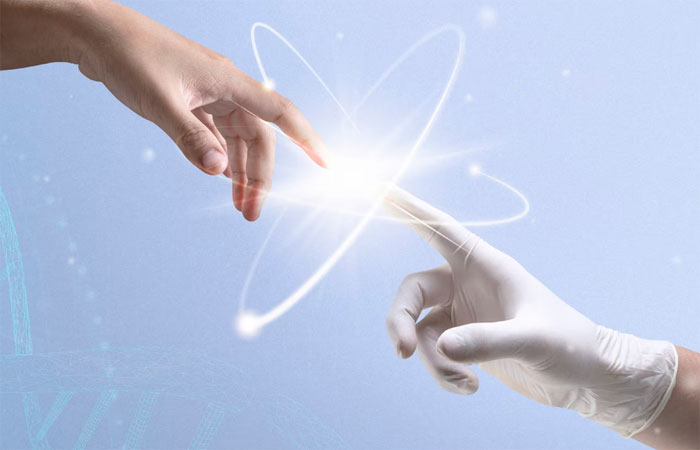
Cortisol and testosterone operate like opposing forces. When one retreats, the other advances. A University of Chicago study found that men who prioritized 7+ hours of sleep saw significant drops in cortisol-freeing up resources for hormonal production.
Key tactical advantages:
- Compound lifts (squats, deadlifts) act as hormonal shock troops, triggering acute T surges.
- Omega-3s serve as biochemical peacekeepers, reducing inflammation that fuels cortisol.
- Caffeine? A double agent-useful pre-workout but disruptive if overused.
Real-World Benefits: Energy, Mood, and Performance
Lower stress means measurable gains. Men report 30% more energy, sharper focus, and faster recovery. It’s not just gym performance-boardroom decisions and bedroom confidence improve too.
Your mission: Deploy these protocols for 21 days:
- Sleep like it’s your job (22% T boost potential).
- Strength train 3-4x/week-focus on multi-joint movements.
- Practice mindfulness to rewire stress responses.
"Hormonal balance isn’t luck-it’s a calculated victory."
Best Practices to Manage Stress and Boost Testosterone Naturally
Rebuilding hormonal resilience starts with these science-backed protocols. Your body’s command center responds to disciplined routines-neglect them, and cortisol seizes control. Deploy these tactics to reclaim balance.
Prioritize Quality Sleep for Hormonal Balance

Sleep is your nightly reset button. Studies show men with 7+ hours of sleep see 22% higher testosterone levels. Cortisol drops during deep sleep, freeing resources for recovery.
Pro Tip: Blackout curtains and a 10 p.m. cutoff for screens act as electronic countermeasures against sleep sabotage.
Exercise Strategically: Strength Training and Cardio
Not all workouts are equal. Compound lifts like squats trigger acute testosterone surges. Balance them with cardio-but avoid marathon sessions that spike cortisol.
- Strength: 3–4x/week, focusing on multi-joint movements.
- Cardio: 20-minute HIIT sessions preserve hormonal gains.
Mindfulness and Breathing Techniques
Stress management begins with breath control. The 4-7-8 technique (inhale 4s, hold 7s, exhale 8s) lowers cortisol in 90 seconds. Daily practice rewires your stress response.
Dietary Choices That Support Testosterone
Zinc and magnesium are your frontline troops. A deficiency can slash testosterone by 30%. Load up on:
- Grass-fed beef (zinc powerhouse)
- Pumpkin seeds (magnesium-rich)
- Wild-caught salmon (omega-3s reduce inflammation)
Reducing Stimulants and Alcohol
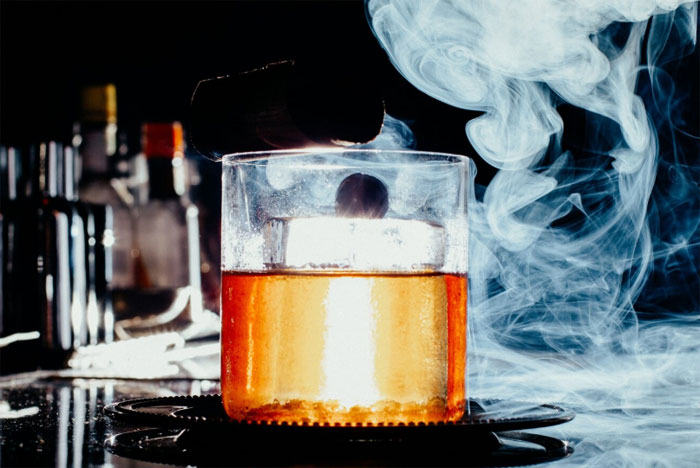
Caffeine and alcohol are double agents. One cup of coffee pre-workout? Tactical. Five cups daily? Cortisol chaos. Alcohol? It shuts down hormonal production for 72 hours.
"Hormonal warfare is won at the dinner table and the gym-not the bar."
Your mission: Implement these protocols for 21 days. Track changes in energy, mood, and performance. Victory requires consistency.
When Lifestyle Changes Aren’t Enough: Considering Hormone Testing
When natural strategies fall short, medical intervention becomes your next line of defense. Persistent symptoms despite disciplined routines signal deeper hormonal trenches. This isn’t surrender-it’s strategic escalation.
Signs You Need Professional Reinforcement
Your body broadcasts distress flares. Ignoring them risks full-system failure. Five red flags demanding specialist backup:
- Fatigue that coffee can’t fix-even after 9 hours asleep
- Muscle loss despite rigorous strength training
- Mood swings sharper than a drill sergeant’s commands
- Libido MIA for over 30 days
- Brain fog disrupting work and relationships
Testosterone Therapy: Your Medical Air Support
Testosterone therapy (TRT) isn’t a shortcut-it’s precision artillery. Under medical oversight, studies show 72% effectiveness in restoring low testosterone levels. But not all TRT is equal:

"TRT without medical supervision is like handing a grenade to a recruit-dangerous and unpredictable."
-Gameday Men’s Health Protocol
Why Medical Command Matters
Black market hormones are rogue operatives-unregulated and risky. Licensed clinics use blood tests to:
- Pinpoint symptoms to exact hormonal deficits
- Adjust dosages like a sniper’s scope
- Monitor health markers (hematocrit, estrogen balance)
Your mission: Deploy TRT only with a qualified unit. Self-prescribing risks collapse-medical oversight ensures victory.
Conclusion
The fight for hormonal balance demands strategy. Cortisol may strike first, but you hold the countermeasures. Sleep, nutrition, and targeted training rebuild your defenses.
Victory isn’t about perfection-it’s consistent action. Small wins compound. A 10-minute breather today lowers tomorrow’s cortisol levels. A zinc-rich meal fuels your comeback.
At Gameday Men’s Health, we arm you with science-backed protocols. Our veterans understand battles-hormonal or otherwise. Schedule your free evaluation now. Your health deserves elite support.
This is your call to arms. Reclaim energy, focus, and resilience. The mission starts today.
FAQ
How does stress affect testosterone levels?
When cortisol rises due to stress, it directly suppresses production. Your body prioritizes survival over vitality, lowering key hormones.
What are the signs of low testosterone from chronic stress?
Watch for fatigue, stubborn belly fat, mood swings, and diminished drive. These red flags signal your hormones need reinforcements.
Can exercise help balance cortisol and testosterone?
Absolutely. Strategic strength training boosts T while reducing stress hormones. Just avoid overtraining - it backfires.
How quickly can stress reduction improve testosterone?
With disciplined stress management, many men see improvements in 4-8 weeks. Sleep, nutrition, and recovery accelerate results.
When should I consider testosterone testing?
If lifestyle changes don't resolve symptoms after 3 months, consult a hormone specialist. Blood work reveals your baseline.
Does alcohol consumption worsen this imbalance?
Yes. Alcohol spikes cortisol while crushing testosterone. Limit intake to protect your hormonal defenses.
Are there specific foods that support testosterone during stress?
Load up on zinc-rich foods like oysters and beef, plus healthy fats from eggs and avocados. They fuel hormone production.





